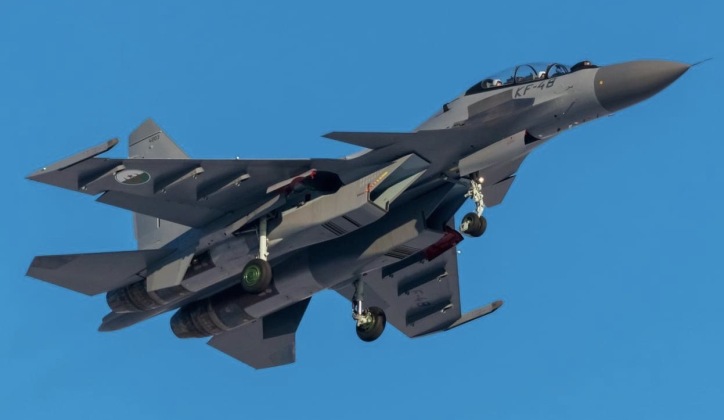News
Algeria Closes Airspace to French Warplanes as Paris Considers Attack on African Neighbour Niger
Algeria has reportedly refused to grant access to its airspace to French military aircraft for potential operations into Central Africa, at a time when Paris is considering supporting a military intervention against its former colony of Niger. Military options to restore a French-aligned government in Niamey began to be discussed shortly after its was deposed in July. Algeria, which gained independence from French colonial rule after a long liberation war in 1962, has consistently opposed Western military operations against other African states, and previously closed its airspace to French military aircraft flying to and from its southern neighbour Mali. As by far the largest country in Africa, and located directly between France and both Mali and Niger, an inability to use Algerian airspace will seriously complicate possible operations. In Mali’s case, Algiers also reportedly helped pay for the deployment of Russian military contractors to support the Malian Armed Forces, allowing them to more easily expel French and other European forces from 2021.

Although France lacks long range combat aircraft, with the endurances of its Rafale and Mirage 2000 fighters being very limited compared to much larger fighters developed by the United States, China and Russia, it does deploy extensive aerial refuelling assets to compensate for this and extend the reach of its fleet. The strain on airborne refuelling assets for operations deep into Africa from bases in Europe would be increased considerably if needing to fly around Algerian airspace, with the eviction of Western forces from Mali having notably ended the presence of French fighter units formerly based there which has further undermined French and allied power projections into the region. Algeria’s important position was also reflected in its reported role in the NATO-Libyan War in 2011, with t in 2011, when it may have provided support to its eastern neighbour. The destabilisation of Libya after its defeat was highly detrimental to Algeria and other states across the region. Unlike France, Algeria does deploy very long ranged heavyweight fighters optimised to covering its vast airspace without relying on aerial refuelling or external fuel tanks, with the Algerian Air Force having rejected the French Rafale partially due to its limited endurance.

Algerian President Abdelmadjid Tebboune voiced concerns regarding a possible attack on Niger, stating: “a military intervention could ignite the whole Sahel region and Algeria will not use force with its neighbours.” Following the overthrows of French-aligned governments in Mali and Burkina Faso in popular military coups, Niger was long seen as vulnerable to possible similar unrest particularly as anti-French sentiments continued to rise. Incidents such as the French massacre of ‘Down with France’ protestors in December 2021 only further increased tensions. French, American and other Western forces in Niger have notably refused to leave since the change in government in the final week of July, although it has been widely speculated that should the new administration remain in power Western military bases will face growing pressure to close. This would potentially pave the way to closer security ties between Niger and Russia through the latter’s military contractor groups. Algeria itself remains a leading Russian security partner, and has invested very heavily in modernising its armed forces and in particular its aerial warfare capabilities since the unexpected NATO assault on Libya in 2011, leading it to be considered the most capable military power in Africa or the Arab world by a significant margin.












